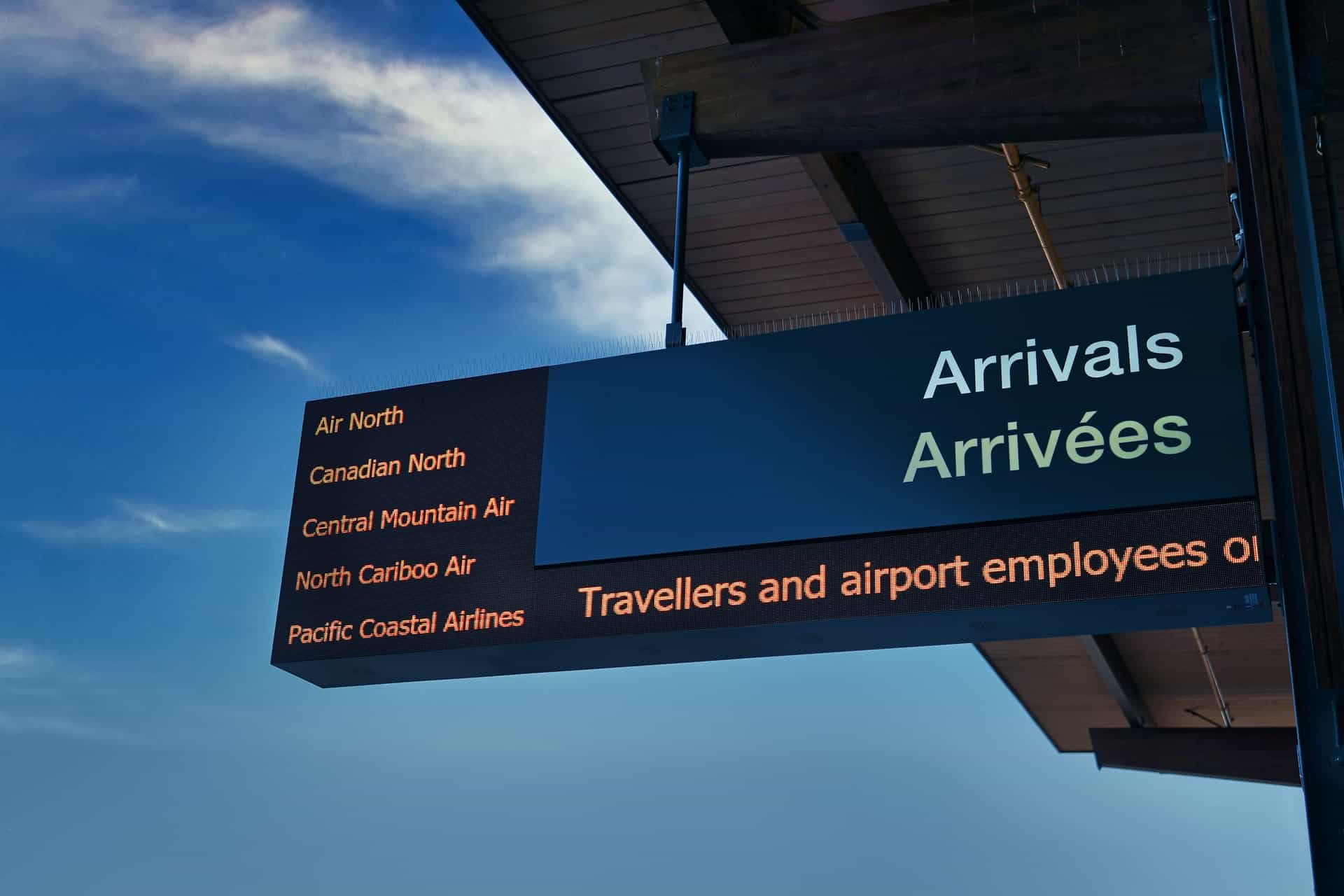Immigration Announcement
New COVID-19 Guidelines to Travel to Canada

On November 19, 2021, Canada announced to change the current traveling requirements in and out of borders with a three-phased approach. The changes will make Canada recognize new vaccines and make travel to Canada easier.
The new guidelines will come to effect from January 15, 2022. These changes will affect a large section of people who are currently exempted from certain regulations for crossing borders. These groups include –
- International students of above 18 years studying in the country;
- Foreign travelers visit their relatives or family members or persons registered under the Indian Act in Canada. However, there is an exemption for children under 12 years. They need to be quarantined for two weeks
- Sportspersons and athletes
- Those who are residing with valid work permits
- Truck drivers and essential service providers
According to new guidelines, all of the above should be fully vaccinated from the certified Covid vaccines to access the nation. The government has added three more vaccines named COVAXIN, Sinovac, Sinopharm in the currently available vaccine options- Pfizer, Astra Zeneca, Moderna, and Johnson & Johnson. People who are not vaccinated or partially vaccinated will only be allowed to travel to Canada if they meet an exemption.
New Vaccines Approved from November 30
Earlier, flyers and travelers had to present a PCR test when re-entering the borders. However, from November 30 onwards, fully vaccinated citizens can re-enter the country without giving PCR tests if their trip is less than 72 hours.
Durations longer than 72 hours will require a negative PCR test for COVID-19. Only in exempted circumstances, unvaccinated and partial vaccinated people are allowed to travel. But they should have to abide by other Covid-related rules.
Canada has also approved three other additional vaccines, including India’s Covaxin, and China’s Sinopharm and Sinovac. All three vaccines have been approved by WHO.















